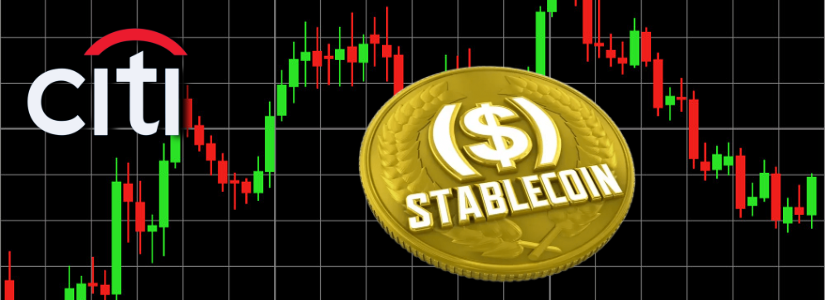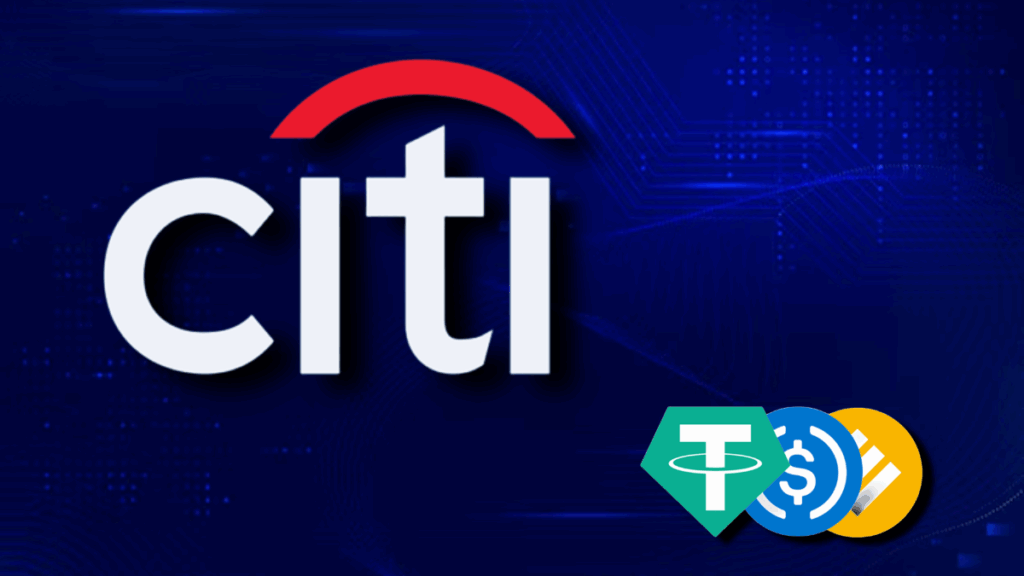TL;DR
- Citigroup’s CEO Jane Fraser has confirmed the bank’s intention to launch its own stablecoin, aiming to strengthen its position in the growing digital finance sector.
- The move comes as U.S. regulators debate key crypto legislation.
- Other major banks like JPMorgan and Société Générale are also advancing stablecoin projects, signaling broader institutional confidence in blockchain technology.
Citigroup, the third-largest bank in the United States, has officially confirmed it plans to develop and issue a proprietary stablecoin. Speaking after the bank’s strong second-quarter earnings, CEO Jane Fraser said this effort aligns with Citigroup’s growing focus on tokenized deposits and modern reserve management solutions.
This strategic push follows Citigroup’s solid financial performance, with the bank reporting earnings that surpassed analysts’ expectations. The positive results have allowed Citi to move ahead with a $4 billion share buyback plan, demonstrating investor confidence as it navigates new digital asset opportunities.
Stablecoins Gaining Ground Among Traditional Banks
While Citigroup’s stablecoin project is still in its early stages, the announcement reflects a wider trend of big banks stepping into blockchain. France’s Société Générale recently unveiled its own dollar-pegged stablecoin, which is expected to launch on Ethereum and Solana next year. JPMorgan has been piloting its JPM Coin since 2020, mainly for wholesale clients, and continues to expand its use cases.
At the same time, the so-called “Crypto Week” driven by Republicans has reignited the debate over how banks can operate with stablecoins. Although a previous vote temporarily stalled its progress, the GENIUS Act is up for a vote again today. As a result, many in the financial sector remain confident that sooner or later, more regulations will be approved to support the integration of stablecoins without paving the way for a central bank digital currency.
Institutional Confidence Boosts Blockchain Adoption
The stablecoin market is no longer just a niche corner of crypto. With over $11 billion in circulation and millions of wallets worldwide using them daily, stablecoins are proving their value as a reliable bridge between fiat and blockchain. Experts expect that large banks adopting stablecoins will help legitimize the sector, bringing safer on-ramps for customers and more transparent transaction rails.

Citigroup’s plan signals that established banks are ready to innovate rather than stand on the sidelines. By focusing on robust reserve management and offering custody services for crypto assets, Citi could set a new standard for how traditional finance embraces digital currencies. If more banks follow suit, stablecoins may soon become a trusted tool for everyday payments and settlements, reshaping how money moves in the modern world.










